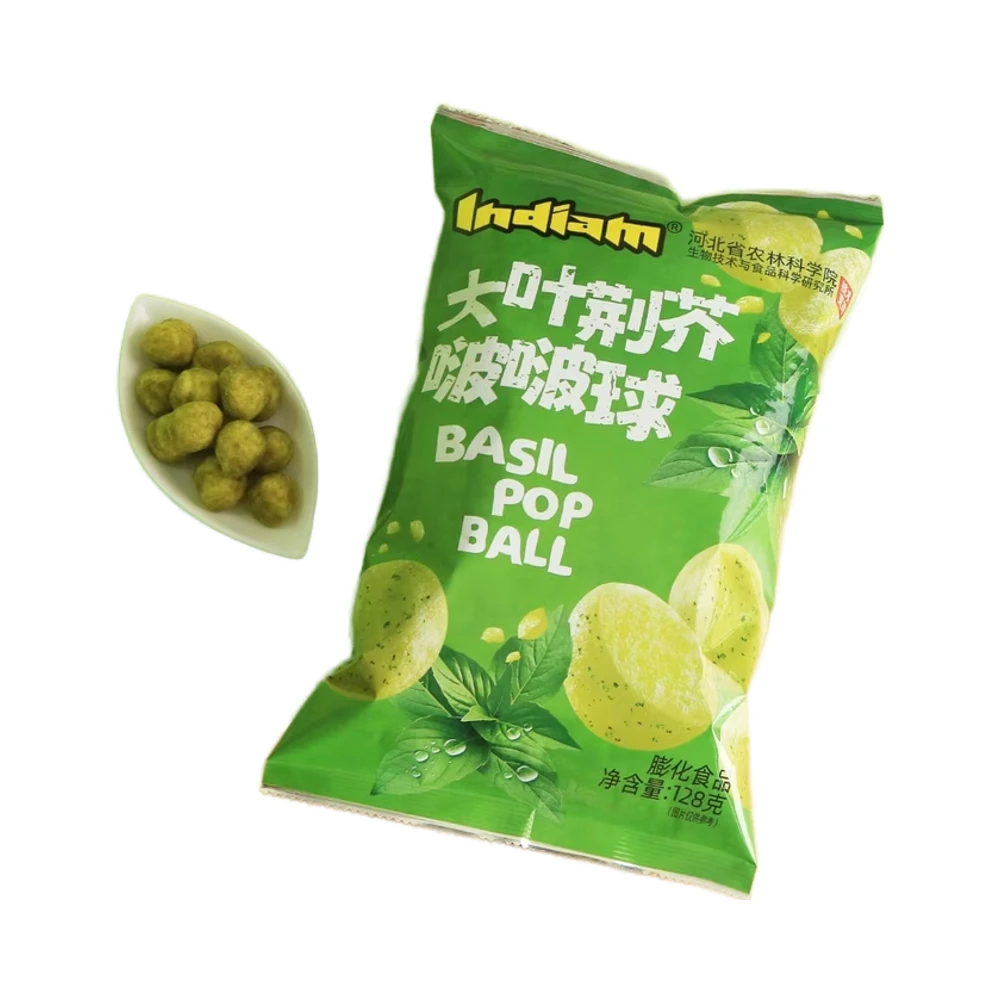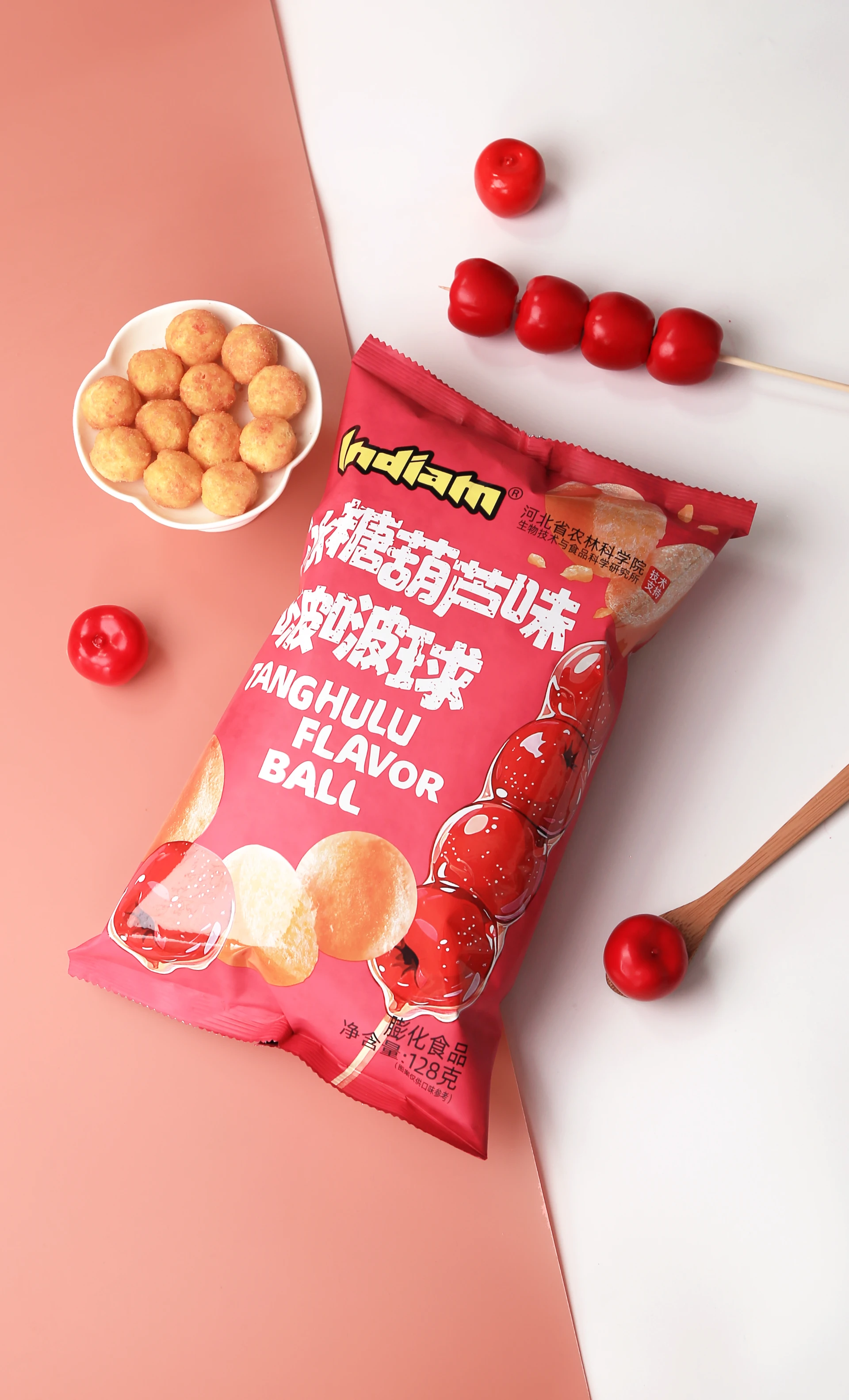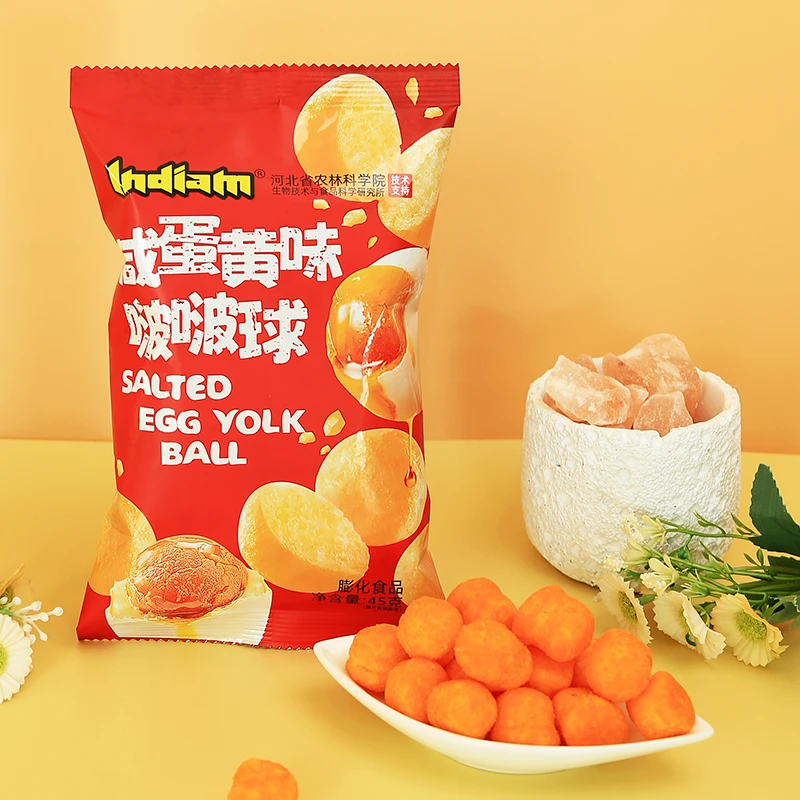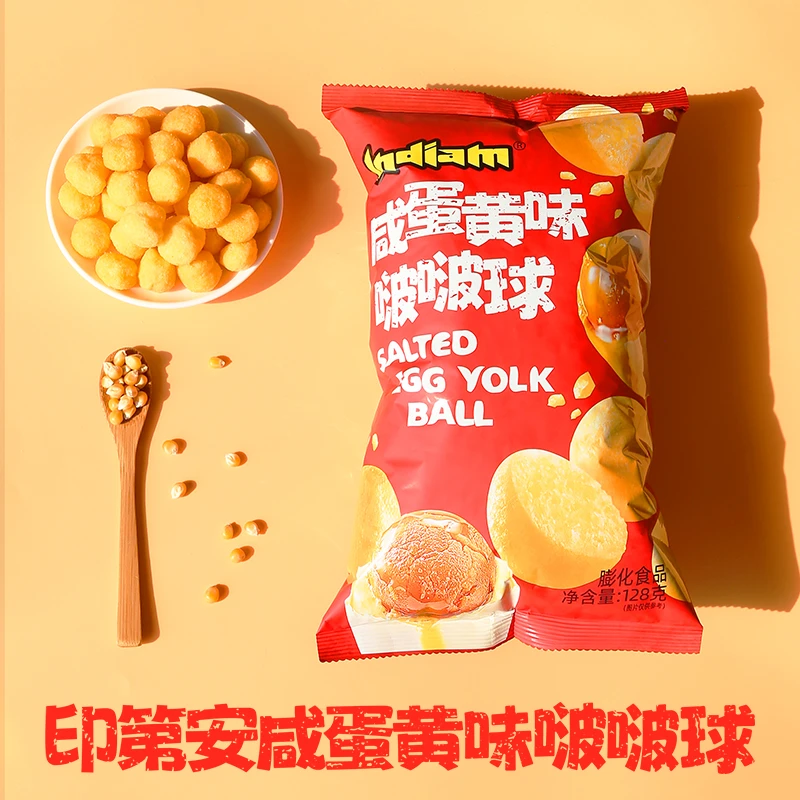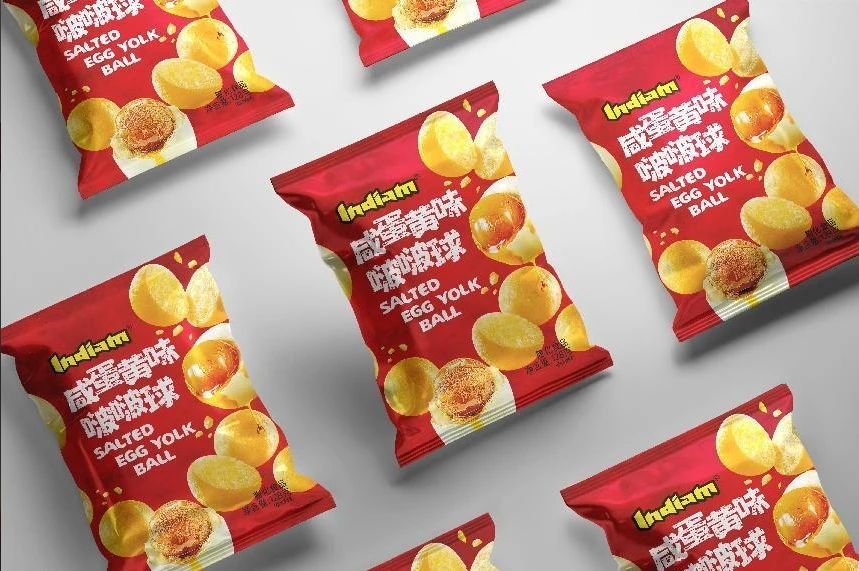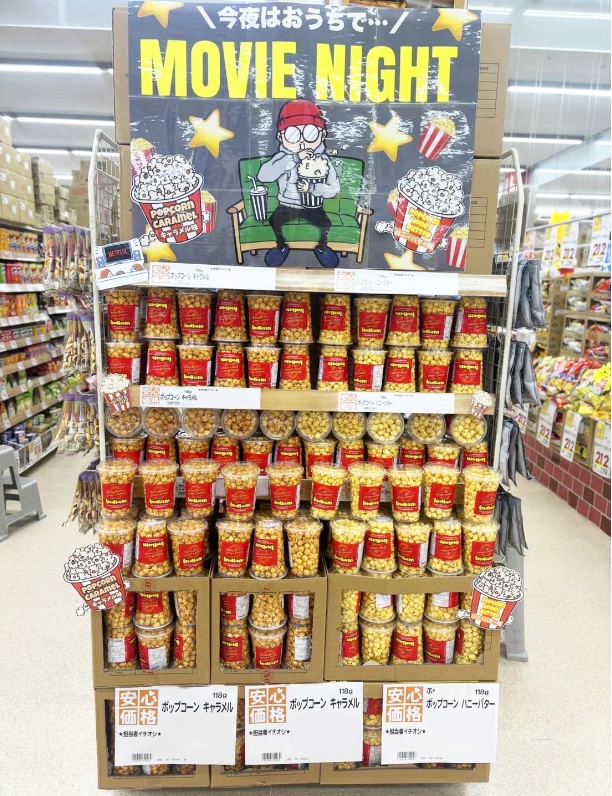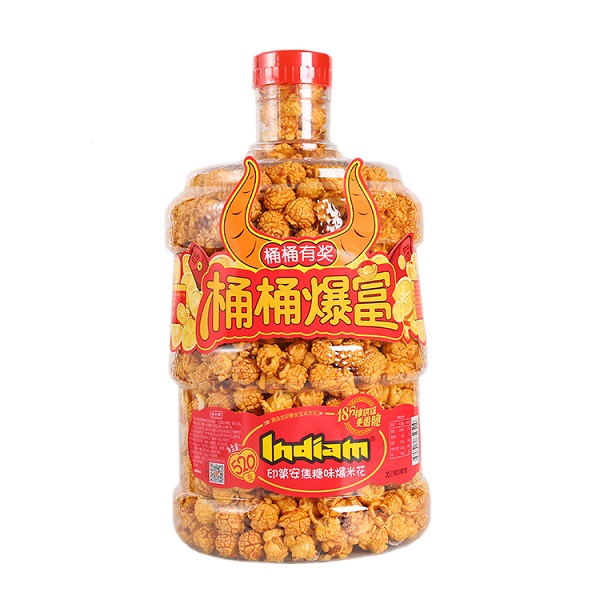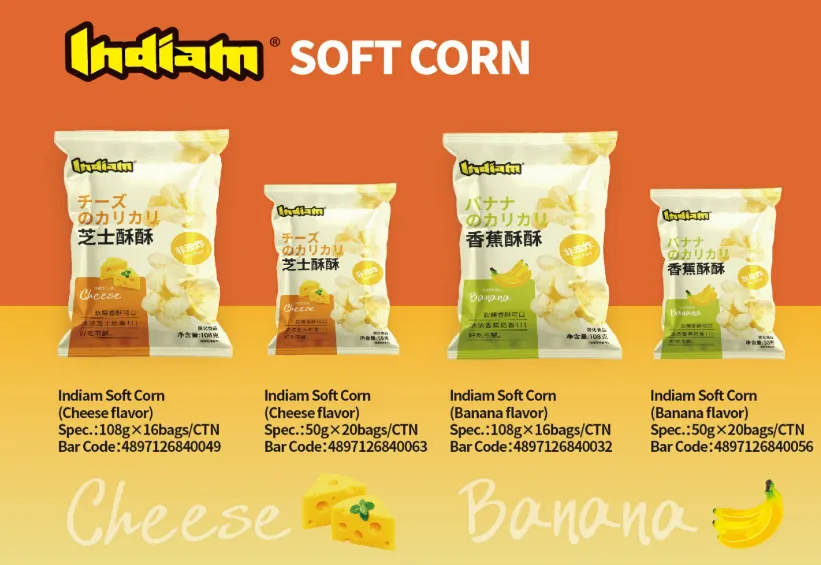Low Calorie Filling Snacks for Work Satiating & Healthy Choices
- Understanding the Demand for Healthy Office Snacking
- The Science Behind Satiety and Nutrition
- Critical Factors When Selecting Work Snacks
- Leading Manufacturer Snack Comparison
- Personalized Approaches for Different Dietary Needs
- Office Implementation Success Stories
- Embracing Sustainable Low Calorie Filling Routines

(low calorie filling snacks for work)
Why Low Calorie Filling Snacks for Work Are Essential
Modern professionals spend approximately 8.8 hours daily at the office, with 70% experiencing the 3pm energy crash. A Columbia University study reveals poor snacking choices contribute to a 26% productivity drop and annual $44 billion loss in US corporate efficiency. Nutritionists confirm that strategic snacking prevents blood sugar fluctuations that lead to poor decision-making. With employees consuming nearly one-third of daily calories during work hours, selecting snacks under 150 calories with high satiety factors becomes critical for both health preservation and professional performance.
The Science Behind Satiety Without Excess Calories
Nutritional science identifies three primary factors determining snack satiation: fiber viscosity, protein density, and water content. Research shows that snacks with 4-6g of protein and 3g of fiber delay hunger by 120-150 minutes while adding under 100 calories. Hydrocolloids like chia and psyllium expand in the stomach, creating mechanical fullness with minimal caloric load. Recent studies indicate that low-calorie snacks with specific macronutrient ratios activate CCK gut hormones 45% more effectively than standard options. This hormonal response creates sustained fullness without compromising weight management goals.
| Nutrient | Minimum Requirement | Optimal Range | Satiety Impact |
|---|---|---|---|
| Protein | 4g | 6-8g | Triggers peptide YY release |
| Fiber | 2g | 4-6g | Slows gastric emptying |
| Water Content | 60% | 80-95% | Increases volume without calories |
| Healthy Fats | 2g | 4-5g | Delays carbohydrate absorption |
Critical Factors When Selecting Work Snacks
Practical office snacking demands consideration beyond nutrition. Portion-controlled packaging prevents mindless overeating - a critical factor since 92% of professionals eat directly from containers. Storage viability is equally important, with non-refrigerated options reducing waste by 64% according to workplace nutrition studies. Texture stability matters too; snacks maintaining crispness for over 8 hours prevent disappointing discoveries during meetings. Additionally, preparation time under 90 seconds correlates strongly with consistent compliance in busy work environments.
Manufacturer Comparison: Nutrition Head-to-Head
| Product Type | Calories | Protein (g) | Fiber (g) | Cost/Day | Shelf Stability |
|---|---|---|---|---|---|
| Greek Yogurt Cups | 90-120 | 12-15 | 0-1 | $2.75 | Requires refrigeration |
| Protein Bars | 180-220 | 10-15 | 3-5 | $2.25 | 6 months |
| Roasted Chickpeas | 120-140 | 5-6 | 5-7 | $1.85 | 8 months |
| Seaweed Snacks | 60-70 | 1-2 | 1-2 | $1.95 | 10 months |
| Rice Cake Packs | 110-130 | 2-3 | 1-2 | $1.15 | 12 months |
Personalized Plans for Different Dietary Needs
Effective workplace snacking requires customization for dietary circumstances. Keto professionals benefit most from cheese whisps with 70% fat content and minimal processing. Vegetarians achieve satiety through roasted edamame providing 14g plant protein per 120-calorie pouch. Lactose-intolerant workers find relief in coconut-based yogurts delivering probiotic benefits without discomfort. Meanwhile, diabetic employees maintain glucose stability by selecting snacks like flax crackers that deliver 9g of fiber without simple sugars. Each solution delivers core nutrients without exceeding tight caloric constraints.
Workplace Transformation: Implementation Success Stories
Tech startup Veridian Solutions implemented low calorie filling snacks across their 400-person campus, resulting in a 31% reduction in afternoon meeting cancellations within three months. Participant surveys showed that energy levels increased by 42%. Financial firm Dalton & Co cut healthcare costs by $78,000 annually after switching from vending machine products to nutritionist-curated options. Production metrics rose 19% at manufacturing plants where shift workers adopted targeted protein-rich snacks. Post-implementation biometric screenings revealed measurable improvements across BMI indicators company-wide.
Sustainable Healthy Low Fat Snacks for Work Routines
Creating lasting change requires establishing effortless snack systems. Weekly desktop drawer restocking ensures high-compliance nutrition access within arm's reach. Budget-conscious professionals can prepare bulk air-popped popcorn with nutritional yeast on Sundays - yielding 20 servings at $0.30 each. Progressive companies now allocate $25 monthly snack allowances through tax-advantaged health programs. What begins as intentional low calorie filling snacks becomes automatic nutritional habits yielding productivity dividends.

(low calorie filling snacks for work)
FAQS on low calorie filling snacks for work
Q: What are some low calorie filling snacks ideal for work?
A: Focus on high-fiber, protein-rich options like Greek yogurt with berries or apple slices with 1 tbsp peanut butter. These keep you full under 200 calories while stabilizing energy levels. Avoid sugary snacks to maintain productivity.
Q: Can you suggest healthy low fat snacks for office cravings?
A: Try air-popped popcorn (100 calories per cup) or carrot sticks with hummus for satisfying crunch and nutrients. Other options include hard-boiled eggs or edamame, all providing protein to curb hunger without excess fat.
Q: How do low fat snacks help manage energy during work hours?
A: Low fat snacks like cottage cheese with pineapple or rice cakes prevent energy crashes by balancing blood sugar. They also aid digestion and focus, unlike high-fat processed snacks that cause sluggishness.
Q: What features make a work snack both filling and low calorie?
A: Prioritize fiber (5g+) and protein (7g+) per serving—think chia seed pudding or turkey roll-ups. Hydrating components (e.g., cucumber slices) add volume too, keeping portions substantial yet under 150 calories easily.
Q: Are there prep-friendly low calorie snacks for busy workdays?
A: Yes—pre-portion almonds (10 pieces = ~70 cal) or DIY trail mix with pumpkin seeds. Pre-cut veggies or single-serve cottage cheese cups also save time while preventing overeating compared to vending machine choices.
Post time: Jun . 04, 2025 11:43





